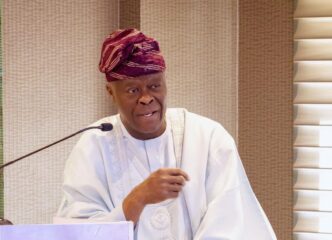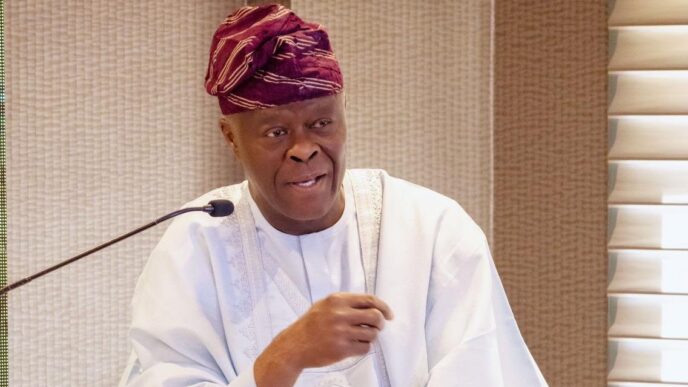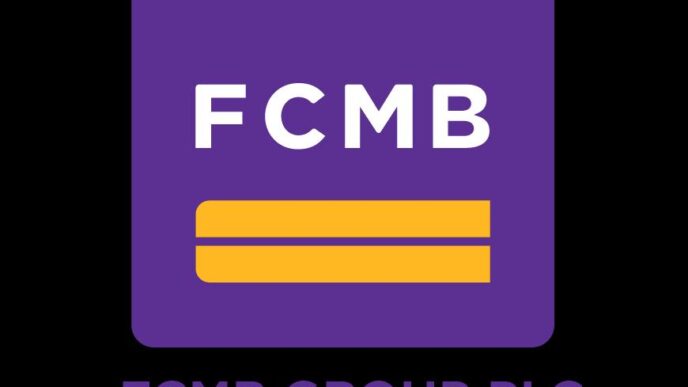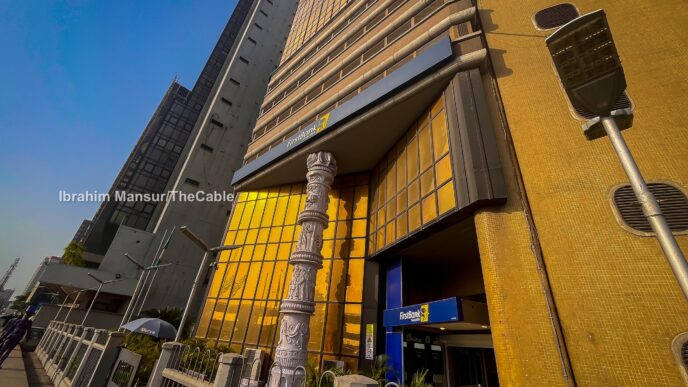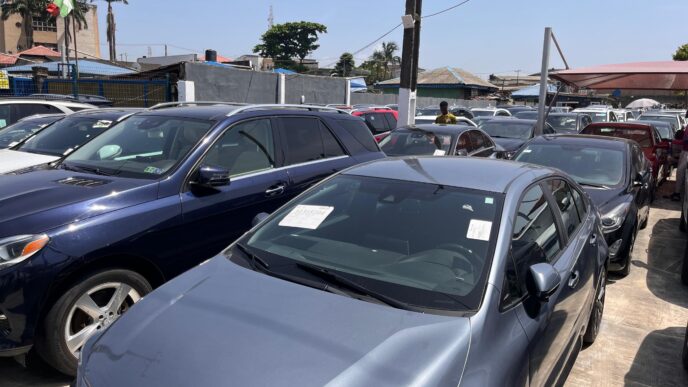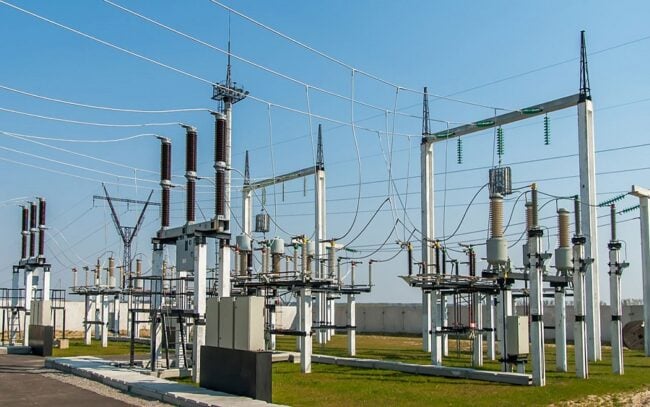The Centre for the Promotion of Private Enterprise (CPPE) has projected a slight decrease in inflation, but says key drivers may remain in 2025.
In a statement on Sunday, Muda Yusuf, chief executive officer of CPPE, outlined several factors contributing to the cautiously optimistic outlook.
He said inflation may moderate slightly “on the expected reduction of the volatility of the exchange rate and possible rebound of the naira”.
“Moderation in energy cost as the geopolitical tension eases as a result of the impact of Trump presidency,” Yusuf said.
Advertisement
“There is a likely boost in global oil production as USA increases production and the embargo Russia eases. These are likely outcomes of Trumps presidency.
“There is also the factor of the base effect on the inflation numbers as inflation was generally elevated in 2024.”
However, Yusuf said key drivers of inflation may not completely dissipate in the coming year.
Advertisement
He said the drivers include high energy costs, including electricity tariff; exchange rate, transportation cost, high interest rate, high cargo clearing cost, and the impact of insecurity on agricultural output and food supply.
Other factors, according to the CPPE boss, include climate change and flooding as well as imported inflation resulting from geopolitical tensions, supply chain disruptions, trade war, and tight global monetary conditions.
Yusuf also said the Central Bank of Nigeria (CBN) may keep monetary conditions tight in 2025.
He added that the degree of tightening may decelerate in 2025 given the current high levels of monetary policy rate (MPR) and cash reserve ratio (CRR).
Advertisement
“The space for further tightening has become limited,” the economist said.
“Some of the key factors that would shape the monetary outlook include; Strong ideological commitment of the CBN to orthodox monetary policy which may continue to result in hike in interest rates.
“Commitment of the CBN to philosophy of inflation targeting.
“Risk of elevated fiscal deficit and its inflationary implications. There is also the related risk of higher money supply growth in 2025.
Advertisement
“Risk of heightened debt levels and consequential implications for increased debt service.”
Yusuf said the government should expedite action to boost capitalisation of the development finance institutions to deepen development finance interventions.
Advertisement
“Need to revitalise and restructure the Bank of Agriculture to support the agricultural sector and agro-allied industries with the much-needed concessionary financing,” he said.
“Current high interest rate in the commercial banks continues to impede the recovery and growth of the Nigerian agricultural and agro-allied sectors of the economy.
Advertisement
“The CBN should soften its tightening stance in order to support investment growth and job creation in the economy.
“Current high interest regime foisted by the tightening regime increases the risk of loan defaults, increasing the prospects of higher non-performing loans in the financial sector.
Advertisement
“High interest rate also increases debt service cost for government with the current huge exposure to domestic debts.
“High interest rates typically pose significant risks to business sustainability amidst numerous headwinds.”
He said there is a need to protect the real economy from the adverse consequences of free market principles.
“This is the basis of government intervention in a market economy,” he added.
‘ENERGY OUTLOOK MODERATELY POSITIVE’
Yusuf further said the outlook for the Nigerian energy sector is moderately positive especially following the increased capacity in domestic refining of petroleum products.
This, he said, would require supportive fiscal and monetary policy support to unlock the full potentials of the domestic refineries and stimulate more investments in the sector.
Yusuf also suggested an enhanced domestic petroleum refining capacity from the Dangote refinery, the Port Harcourt refineries and others.
“Emerging competition among domestic refineries which may have a moderating effect on prices,” he added.
“Expectation of a slump in global energy prices on the back of the Trump presidency and the easing of geopolitical challenges in the 2025.
“Sustenance of the naira for crude arrangement which could help moderate prices of domestic refining of crude.
“More generous fiscal incentives for the CNG and renewable energy solutions.”
However, Yusuf said the electricity pricing conundrum would remain a tricky issue in 2025.
He said the economy is too fragile to absorb the shocks of a fully deregulated or commercial electricity market.


